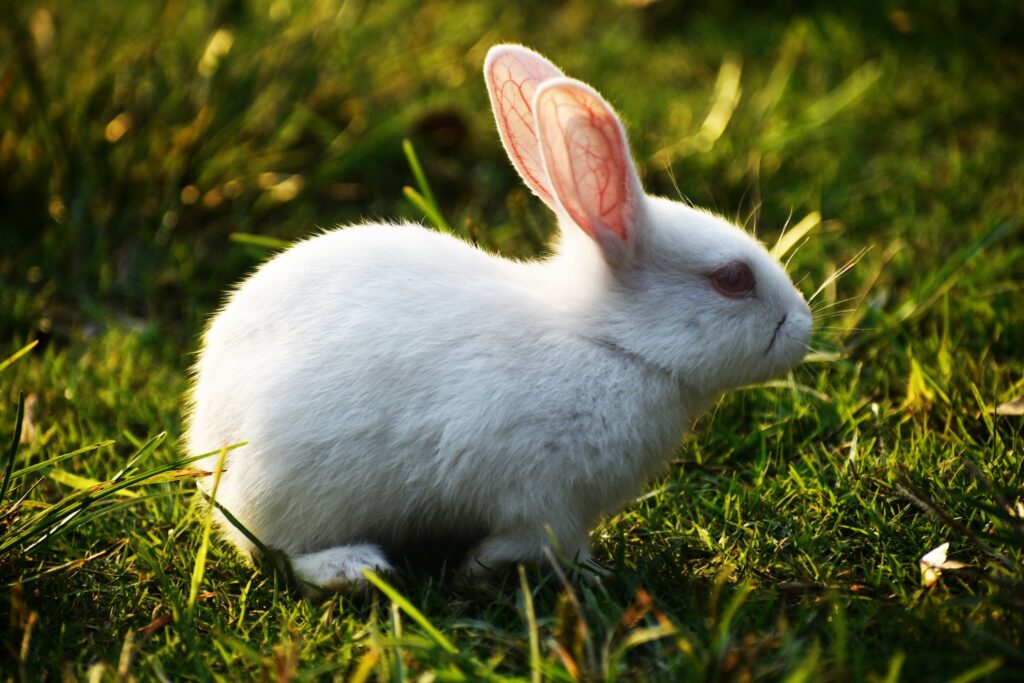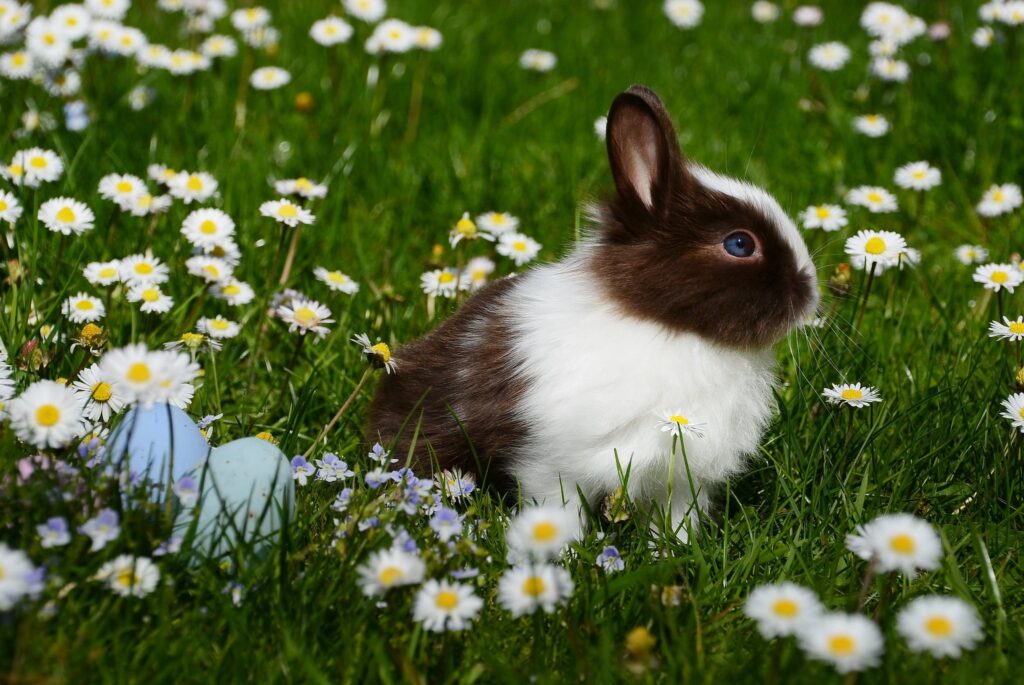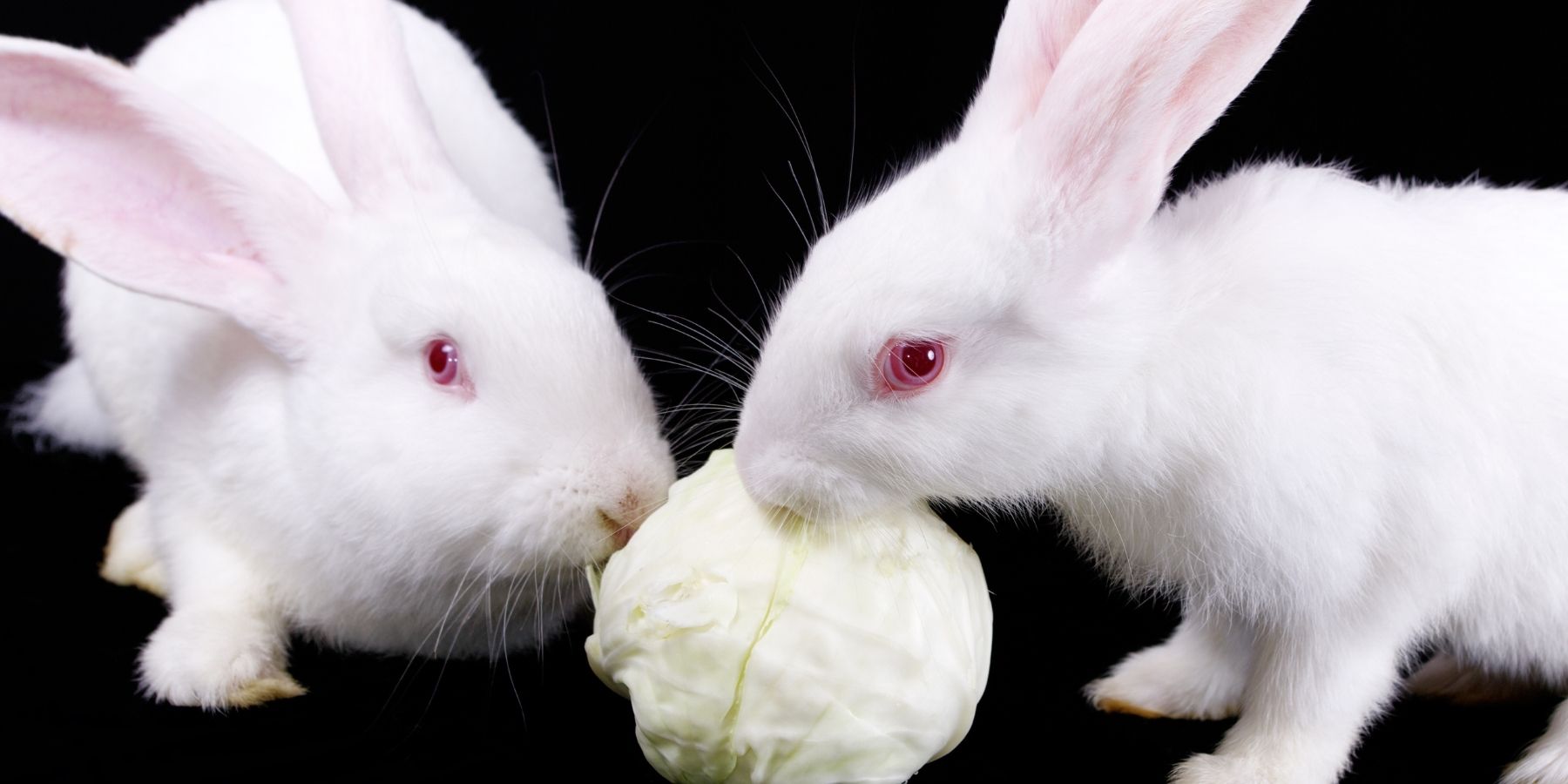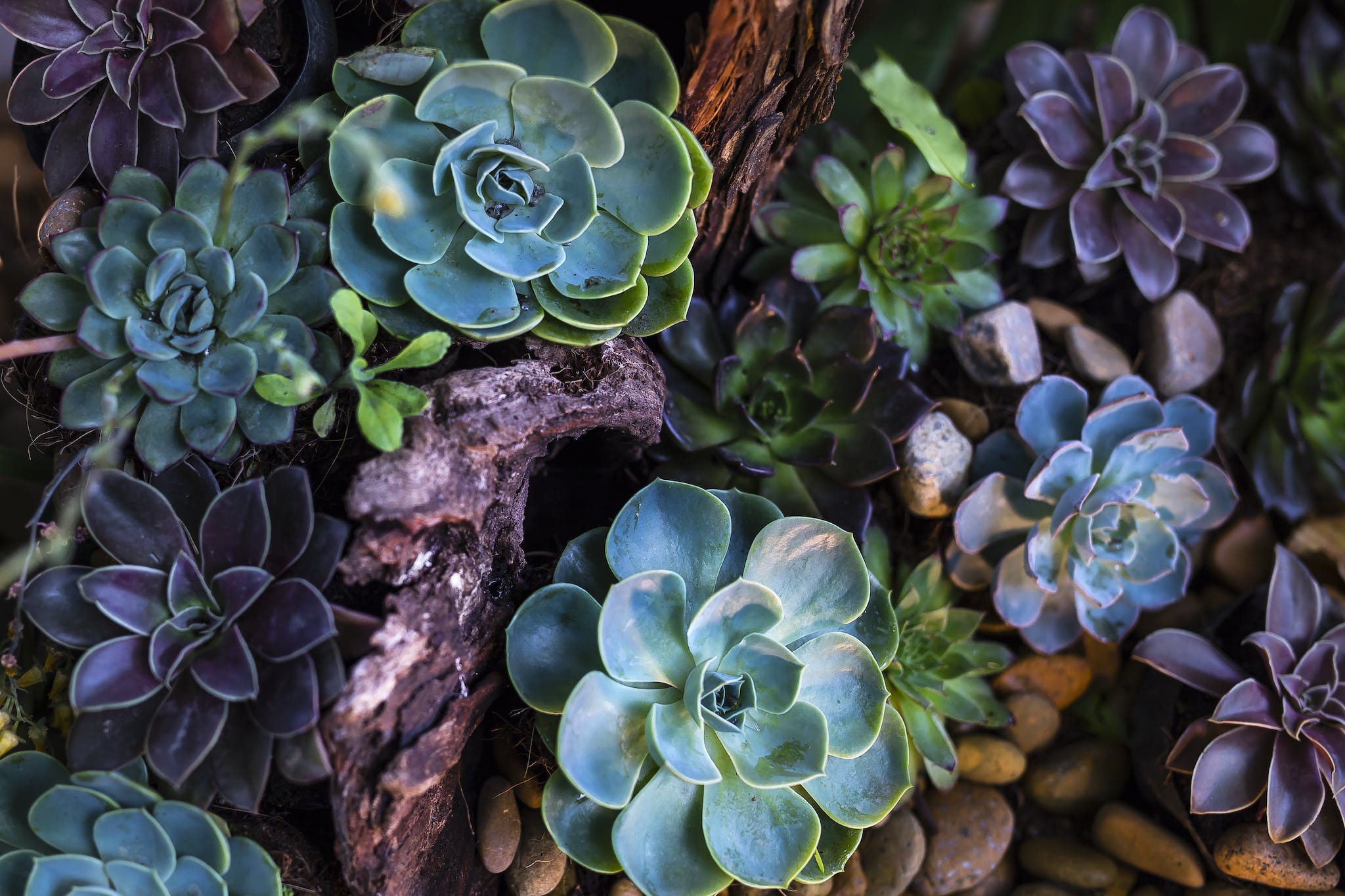Do Rabbits Give Birth Days Apart? Understanding Rabbit Pregnancy
There are some affiliate links below, but they are all products I highly recommend. For more info, view my disclosure here.
Rabbits are known for their ability to reproduce quickly and frequently. However, it may come as a surprise to learn that rabbits can give birth days apart. This phenomenon is known as asynchronous birth and is not uncommon in rabbits.
Asynchronous birth occurs when a female rabbit releases eggs at different times, resulting in multiple litters being born days apart. This can happen due to a variety of factors, including stress, genetics, and hormonal imbalances. Note that not all rabbits will experience asynchronous birth, and it is not necessarily a cause for concern if it does occur.
If you are a rabbit owner or considering getting a rabbit, it is essential to understand the potential for asynchronous birth. Knowing what to expect can help you prepare for the arrival of new litters and ensure that your rabbits receive the proper care and attention they need. In this article, we will explore the topic of asynchronous birth in rabbits in more detail, including the causes, symptoms, and what you can do to support your rabbits during this process.

Understanding Rabbit Reproduction
Rabbits are known for their high reproductive rate, and understanding their reproductive system is essential for any rabbit owner. In this section, we will discuss the sexual maturity and mating behavior of rabbits, the gestation period in rabbits, and the factors that influence rabbit pregnancy.
Sexual Maturity and Mating Behavior
Rabbits reach sexual maturity at around 4-6 months of age. At this point, male rabbits are capable of producing viable sperm, and female rabbits can become pregnant. Male rabbits are known for their aggressive mating behavior, which involves chasing and mounting the female rabbit. Female rabbits are induced ovulators, which means that ovulation is triggered by sexual activity.
The Gestation Period in Rabbits
The gestation period in rabbits is relatively short, lasting between 28-32 days. During this time, the pregnant rabbit will begin to show physical signs of pregnancy, such as a swollen belly and enlarged nipples. It is essential to provide pregnant rabbits with a comfortable and stress-free environment, as stress can negatively impact the pregnancy and the health of the offspring.
Factors Influencing Rabbit Pregnancy
Several factors can influence rabbit pregnancy, including age, nutrition, and genetics. Older rabbits may have a harder time conceiving and carrying a pregnancy to term, while younger rabbits may experience complications due to their underdeveloped reproductive system. Proper nutrition is also crucial for a healthy pregnancy, as a lack of essential nutrients can lead to complications for both the mother rabbit and her offspring. Lastly, genetics can play a significant role in rabbit pregnancy, as certain breeds may be more prone to reproductive issues than others.
Understanding rabbit reproduction is crucial for any rabbit owner. By knowing the sexual maturity and mating behavior of rabbits, the gestation period in rabbits, and the factors that influence rabbit pregnancy, you can provide your rabbits with the best possible care and ensure a healthy and successful breeding program.

Birth Process and Litter Characteristics
If you are a rabbit owner, you may be wondering if it is possible for your rabbit to give birth days apart. The answer is yes, it is possible for rabbits to give birth days apart. In this section, we will discuss the birth process and litter characteristics of rabbits.
Stages of Rabbit Birth
The birth process of rabbits is relatively short, lasting between 10 and 30 minutes. The stages of rabbit birth are as follows:
- Nesting: The mother rabbit will create a nest for her babies by pulling fur from her body and lining the nest with it.
- Contractions: The mother rabbit will begin to have contractions, which will push the babies out.
- Delivery: The babies will be born one at a time, usually with a few minutes between each birth.
- Cleaning: The mother rabbit will clean each baby after it is born by licking it.

Average Litter Size and Variations
The average litter size for rabbits is between 4 and 12 babies, but it is not uncommon for a rabbit to have a litter of only one or two babies or a litter as large as 18 babies. First-time mothers tend to have smaller litters than experienced mothers.
Health and Development of Baby Rabbits
Baby rabbits, also known as kits, are born blind, deaf, and hairless. They rely on their mother for warmth and nourishment. Ensure that the mother rabbit has a healthy diet and plenty of water to produce enough milk for her babies. The kits should be checked regularly to ensure they are growing and developing properly.
Rabbits can give birth days apart, and the birth process and litter characteristics of rabbits can vary. Provide proper care and attention to both the mother rabbit and her babies to ensure their health and well-being.
Phenomenon of Double Pregnancies
If you are a rabbit breeder, you may have witnessed a phenomenon known as double pregnancies. This is when a doe gives birth to one litter and then becomes pregnant again, giving birth to a second litter just a few days later.
Understanding Double Pregnancies in Rabbits
Double pregnancies are not uncommon in rabbits. They occur when a doe ovulates again shortly after giving birth, resulting in a second pregnancy. However, the second litter is often smaller than the first and may have a higher mortality rate due to the mother’s decreased milk production and energy levels.
Not all rabbits are capable of double pregnancies. Factors such as age, breed, and overall health can affect a doe’s ability to conceive and carry multiple litters.
Managing Back-to-Back Litters
If you are considering breeding rabbits and want to avoid double pregnancies, give your does adequate rest between litters. A good rule of thumb is to wait at least 30 days before breeding again. This will give the doe time to recover and regain her strength before becoming pregnant again.
In addition, providing your rabbits with proper nutrition and care can help prevent complications and increase the likelihood of successful pregnancies. This includes providing a balanced diet, clean living conditions, and regular veterinary check-ups.
Double pregnancies can occur in rabbits, but they are not always desirable or safe for the mother and her offspring. By understanding the factors that contribute to double pregnancies and taking steps to manage them, you can ensure the health and well-being of your rabbits and their litters.
Rabbit Health and Postpartum Care
After giving birth, rabbits require proper postpartum care to ensure their health and the health of their newborn kits. As a responsible rabbit owner, be aware of the nutritional needs of a nursing doe and the signs of complications after birth.
Nutritional Needs of a Nursing Doe
A nursing doe requires a diet high in fiber, protein, and calcium to produce milk for her kits. Fresh hay and alfalfa hay are excellent sources of fiber and calcium. It is recommended to provide a nursing doe with unlimited access to these types of hay. Additionally, a high-quality rabbit pellet with at least 16% protein is recommended to ensure adequate protein intake.
Monitor the doe’s food and water intake to ensure she is eating and drinking enough. If you notice a decrease in her appetite or water intake, it may be a sign of a health issue and you should consult with a veterinarian.
Signs of Complications After Birth
While most rabbit births are uneventful, complications can arise. Monitor the doe and her newborn kits for any signs of distress or illness.
One common complication is the retention of dead kits or placentas. This can lead to infection and should be addressed immediately. Signs of infection include lethargy, decreased appetite, and discharge from the mammary glands. If you notice any of these signs, seek medical treatment for your rabbit immediately.
Recovery time for a nursing doe can vary, so provide her with a clean and comfortable environment to recover in. Monitor her closely for any signs of complications and provide her with proper nutrition to ensure the health of her and her kits.
By being aware of the nutritional needs of a nursing doe and the signs of complications after birth, you can ensure the health and well-being of your rabbit and her newborn kits.
Preventing Unwanted Pregnancies
As a responsible rabbit owner, take steps to prevent unwanted pregnancies. Not only can an unplanned litter lead to overcrowding and stress for your rabbits, but it can also result in unwanted rabbits that may end up in shelters or facing other negative outcomes.
Benefits of Spaying and Neutering
One of the most effective ways to prevent unwanted pregnancies is by spaying or neutering your rabbits. Spaying involves removing the uterus and ovaries of female rabbits, while neutering involves removing the testicles of male rabbits. Both procedures can help prevent rabbits from reproducing and can also offer health benefits.
For female rabbits, spaying can help prevent uterine cancer and other reproductive issues. For male rabbits, neutering can reduce aggressive behavior and prevent certain health issues.
Responsible Breeding Practices
If you do decide to breed your rabbits, it’s important to do so responsibly. This means avoiding intensive breeding programs that prioritize quantity over quality and ensuring that you have the resources and ability to care for any resulting litters.
Carefully consider the genetics of your rabbits and avoid breeding rabbits with known health issues or genetic defects. By taking a responsible approach to breeding, you can help ensure that any resulting rabbits are healthy and well-cared for.
By taking steps to prevent unwanted pregnancies and practicing responsible breeding, you can help ensure the health and well-being of your rabbits and avoid contributing to the problem of unwanted rabbits.







